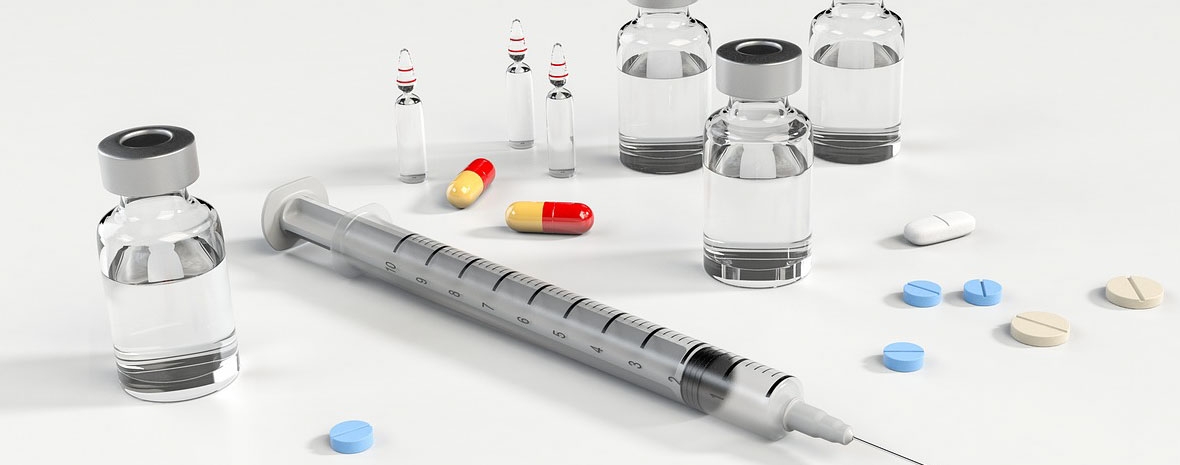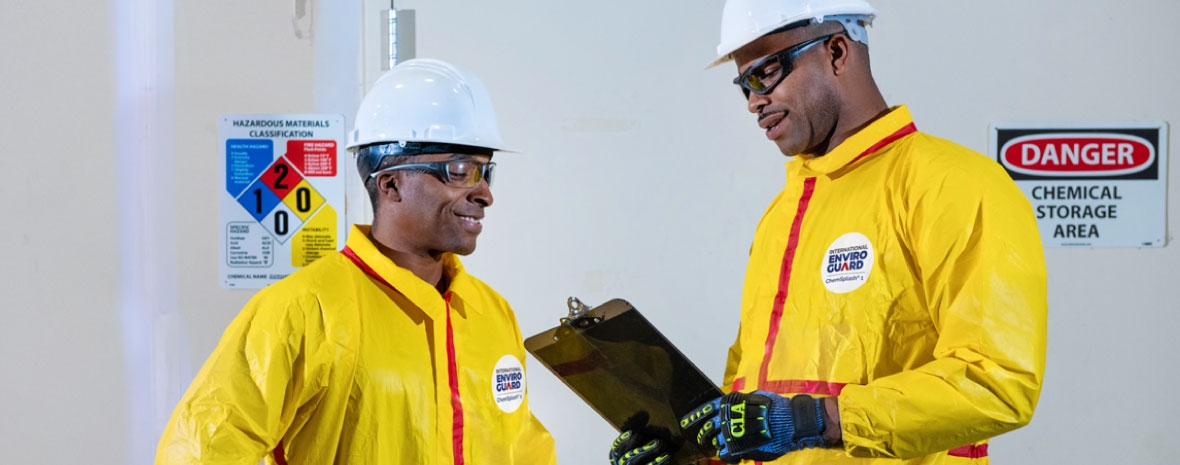We use cookies to make your experience better. To comply with the new e-Privacy directive, we need to ask for your consent to set the cookies. Learn more.
Disposable Protective Clothing & PPE News & Blogs
Subscribe to RSS FeedThe Importance of PPE and Protective Clothing.
Protective clothing is any garment designed to increase the health and well-being of the wearer. First, the PPE must correctly fit to protect a certain body part. Next, the garment or equipment is selected for its ability to protect against the type of hazards that is present - chemical,...
Protecting Carpet During Construction & Moving
Commercial movers and tradesmen are obligated to protect the homeowner's hard floors and carpeting and hard surfaces. They may utilize floor runners to create a main travel path, but this will still leave large portions of carpeting and flooring unprotected. And consider the stress...
5 Benefits of Using Shoe Covers
Shoe covers are common items of personal protective equipment (PPE) within the medical, cleanroom, chemical, industrial, laboratory, and emergency environments. Such environments often require shoe covers as part of standard PPE protocols.
5 Safety Tips For Preventing and Responding To a Fentanyl Overdose
Fentanyl is classified as a synthetic opioid that is up to 100 times more potent than morphine. It is sometimes prescribed by medical doctors to treat the severe and chronic pain of patients that have developed a tolerance to other strong pain relievers. Today, the growing misuse, addiction, and...
How to pick the right chemical coverall for your application
Chemical protective suits are required in many service and manufacturing industries where employees are exposed to hazardous materials. Chemical protective clothing can make a real difference in protecting workers from hazardous particles, dust, aerosols, and liquids in the agricultural...
10 Best Practices for Proper Sticky Mat Usage
If your organization has a clean room, you know how important it is to keep dirt and dust as well as other contaminants out of the cleanroom, so they don't enter the clean environment. Sticky mats are a vital component to prevent dirt and other contaminants in your clean room. These floor mats work...
PPE for Spraying and Laying Insulation
Fiberglass is the trade name for the man-made fiber that is also called fibrous glass or glass wool. The main component of fiberglass is glass; it was first used in the 1930s in home furnace filters and insulation. It is also is used to insulate pipes and appliances, for sound control in aircraft...
Disposing of Disposable Protective Clothing
Many thousands of workers wear disposable protective clothing each day. These workers change out for a new set of clothing multiple times a day. What happens to all those disposable personal protective equipment (PPE) garments after they have been used? First, all PPE, including disposable...







